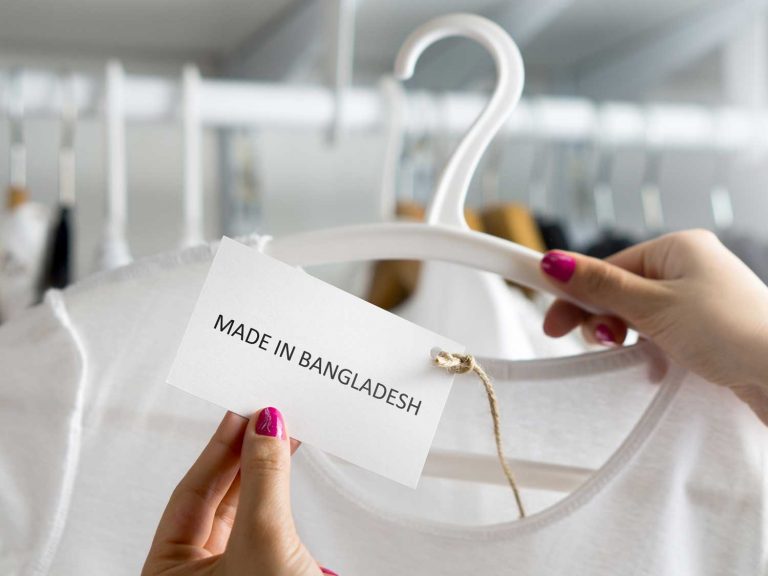
Date:
New Developing Countries Trading Scheme
The UK government launched a new preferential trading scheme, The Developing Countries Trading Scheme (DCTS) last year, to provide tariff concessions for developing countries exporting to the UK market.
The DCTS replaces the Generalised Scheme of Preferences (GSP) and extends tariff cuts to hundreds of products, including clothes and food, from specified developing countries, as part of the UK government’s efforts to replace similar EU schemes.
Like GSP, DCTS has three tiers of countries. On the first tier are LDCs; the second tier consists of countries classified by the World Bank as a low-income (LICs) or lower-middle income countries (LMICs); and the third tier includes countries that are economically vulnerable LICs or LMICs due to a lack of export diversification.
An expanded cumulation for LDCs, means they can have extended cumulation with other DCTS countries and countries with Economic Partnership Agreements with the UK and reduces trade barriers for LDCs in regional and global supply chains serving the UK.
The DCTS offers developing countries a simpler and more generous set of trading preferences and simplifies rules such as rules of origin, which dictate what proportion of a product must be made in its country of origin and removes some seasonal tariffs, in a bid to reduce red tape and lower costs, as an incentive to firms to import more goods from developing countries.
An additional 156 products are eligible for tariff reductions and more than 85% of eligible goods now benefit from zero-rated tariffs and the renaming of preference tiers from GSP to DCTS aligns with the UK’s offerings in each tier, to reflect the progression of countries as their economies grow:
DCTS Comprehensive Preferences (previously GSP LDC Framework)
DCTS Enhanced Preferences (previously GSP Enhanced Framework)
DCTS Standard Preferences (previously GSP General Framework)
Under the comprehensive preference, 46 LDCs will get zero tariff facilities on all products except arms and ammunition, which means that LDC countries like Bangladesh will enjoy zero-duty tariff lines for its products until it graduates to the next level.
After graduation from LDC, Bangladesh may be entitled to an enhanced preference regime as it is an “economically vulnerable” country based on the absence of export diversification criteria.
Furthermore, the DCTS will allow qualifying countries like Bangladesh to access global supply chains for importing raw materials from 95 countries to export their final products to the UK duty-free under regional cumulation.
Bangladesh can also utilise the benefits of extended cumulation with UK-DCTS and UK-EPAs (UK-Pacific economic partnership agreement with 95 countries). Cumulation with the UK, British Overseas Territories, EU, Norway, Switzerland, and group 2 countries (for intra-regional cumulation: SAARC countries except the Maldives and Afghanistan) — and in such a case, Bangladesh’s tariff rates in the UK under EPA will apply.
For such cumulation, the country must follow minimum processing rules to count as originating. For inter-regional cumulation, culminating with group 1 countries (Cambodia, Indonesia, Laos, Myanmar, and the Philippines — with Vietnam’s FTA soon excluding it), a case-by-case application is needed.
DCTS is a bit more liberal than that of the EU GSP+. Under the EU’s draft GSP proposal for 2024–34, Bangladesh’s apparel products may face safeguard measures when the share of relevant products exceeds both 6% of total EU imports of those products as well as the product graduation threshold during that year.
Under the new agreement, access to the enhanced preferences is based purely on the economic vulnerability of LICs and LMICs, which is considered to be a more generous approach, with eight countries becoming immediately eligible for enhanced preferences.
The DCTS retains power to suspend any country that violates human rights or labour rights, including violations in relation to anti-corruption, climate change and environmental conventions.
Overall, the DCTS offers more generous benefits than the existing GSP and any business currently utilising GSP should review the application of the DCTS frameworks.
Our CuDoS customs brokerage platform is optimised continuously, in line with HMRC regime changes, automating and submitting customs declarations, for simple and compliant preference processing.
To discuss your trading strategy, access to preferential tariffs and documentary requirements please EMAIL our customs expert, Andy Fitchett, who can talk you through your opportunities and options.
